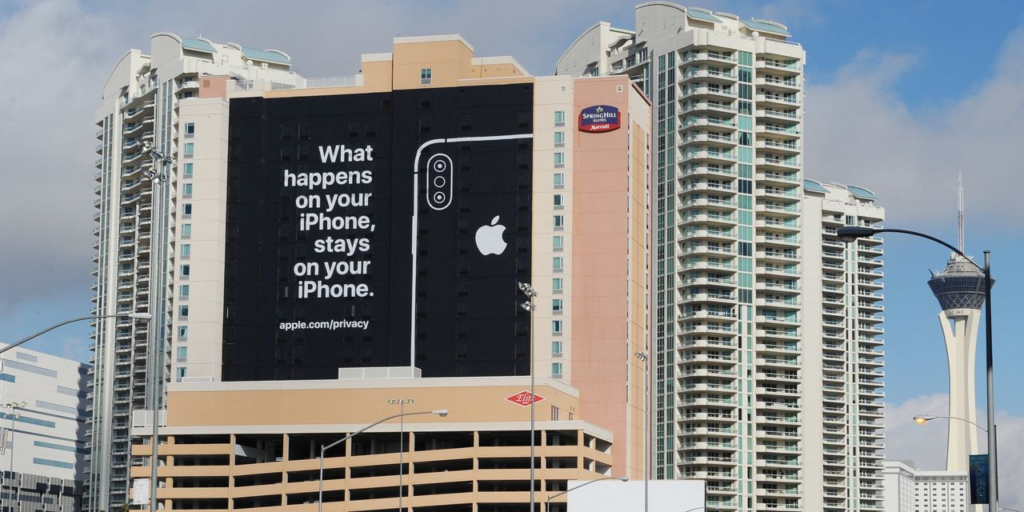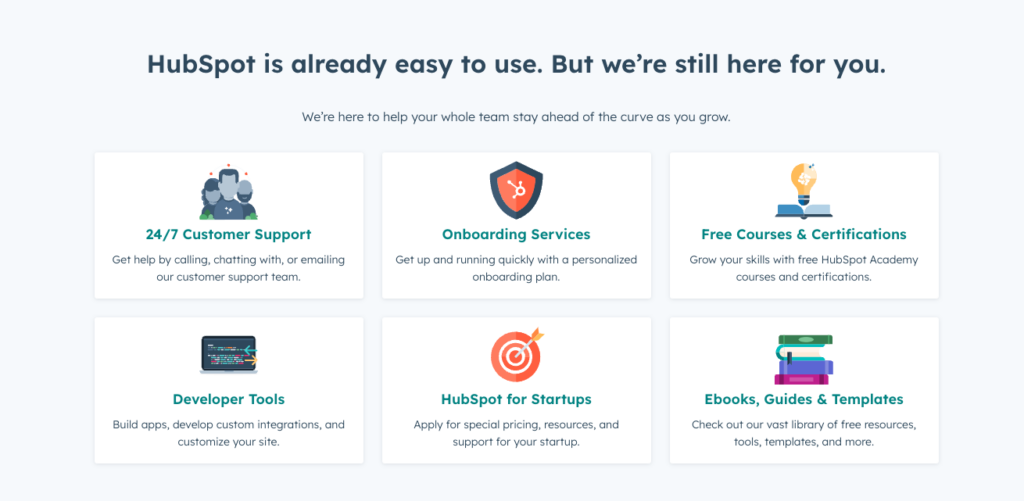Essentials of Building Brand Trust

Your brand distills your company’s purpose and story into its visible form. The public interacts with your brand before it ever learns more about your offering, with the harsh reality that some may never go past a surface understanding of your brand—unless you give them a compelling reason to learn more.
To be compelling, you must resonate with your public in some way. Maybe it’s a hook that pulls them in to learn more about you through some timely or esoteric reference that quickly conveys your knowledge of their niche and makes you worth hearing out. But to resonate with your target audience in the long run requires another ingredient: trust in both your integrity and your expertise.
1. Define your story—and say no to what’s not you.
Startups are particularly vulnerable to wanting to be everything. The fear of missing out on a potential audience can leave your organization susceptible to saying yes to too many things, wanting to be everything at once—which dilutes your story. It’s obvious when a company is not confident in its identity and its vision, and your audience will pick up on this.
Aside from your company’s story and values, you need to be specific about what differentiates you from the rest of your industry. You don’t have to repeat these differentiators all the time, but you want your entire organization—and your branding agency—to be clear about them so that every marketing action you take is in alignment.

2. Use the same language as your target audience.
It’s easy to fall into the trap of needing to define expertise and thinking that requires industry jargon. The reality is that nobody is impressed by the esoteric, and you can end up damaging your brand by looking immature and disconnected. No matter the title or education your audience has, use natural language. How would you communicate over coffee or at a business lunch?
And even better, use the same imagery and language to refer to issues and outcomes that your customers do. The more readily your audience sees themselves in your offering, the more likely they are to trust you and convert.
If you are careful to use the same phrases that your target audience has, not only will you connect more readily with them, but there may be other perks, such as higher engagement and increased visibility across channels and SERPs. And given the rapid rise of AI and policing of mass-generated content, it’s more important than ever to speak naturally.

3. “You first”—as in, put your audience first.
You’re excited to speak about your story and your offering. Don’t shy away from that enthusiasm, but remember that your competition is just as enthusiastic, and your audience has to filter out a ton of noise. The people you are trying to reach need to know what’s in it for them, and they need to be clear about that very quickly. The more you make people have to think about the points you’re making, the less likely they are to engage with you.
Try to avoid saying “I” or “we” and instead focus on “you”. Speak in terms of the issues that your target audience has and the solutions you bring to the table.
Remember, most of the brand battle is about showing—not just telling—who you are. Even using language that frames your points in terms of your target audience’s needs and behaviors can be a subtle way of reinforcing trust. Instead of just telling them, “We serve you,” your brand’s actions communicate directly in terms of the value you can add to their lives; you can demonstrate that your dedication to serving your customers extends through the language you use.

4. Keep it simple. Familiarity helps conversion.
You’re constantly thinking about your business, and so your branding and marketing work will lose its novelty more quickly for you than for the public. Don’t fall into the trap of constantly seeking something new and fresh at the expense of consistently showing up in a way that’s clear for your audience.
There’s a lot of research into the science behind familiarity and how people tend to prefer what they’ve seen before—an easy way behavioral science says we can reinforce a feeling of trust. Instead of dedicating resources to constantly reinventing your startup’s identity, consider whether there is an additional channel, event, or piece of content that you could generate so that you can “show up” again in front of your audience and reinforce familiarity.
Instead of brand overhauls and revamps, consider brand extensions. How can you extend an arm of your brand to connect directly with another segment?
Startups face the challenges of an empty canvas for their business’ identity, competition from other startups and even established enterprise brands, and limited resources that require all hands on deck. There’s no one-size-fits-all brand solution, but as a startup branding agency, we’ve developed a process that allows us to quickly learn about your audience and craft a sharp brand that resonates—and we hold you accountable for that first step of knowing who you are, well enough so that you become recognizable.
Keep reading to learn more about the successes we’ve had helping brands like Kindbody, K50 Ventures, and Midday establish who they are.


